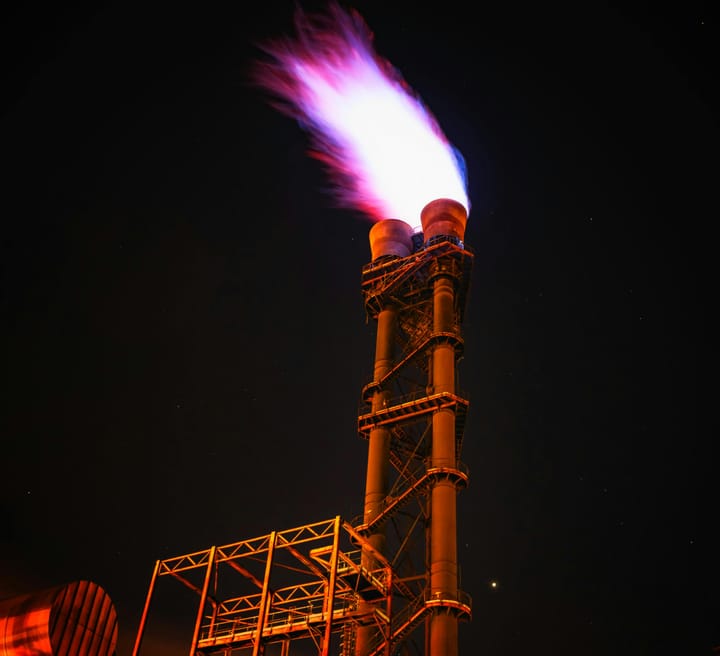Opec+ expected to deepen cuts in response to coronavirus [delayed]
![Opec+ expected to deepen cuts in response to coronavirus [delayed]](/content/images/size/w1200/2022/10/pexels-zukiman-mohamad-87236.jpg)
Oil prices have nosedived since the outbreak of the coronavirus, with Brent crude down 25 per cent since the start of January. The outbreak of Covid-19 has almost certainly pitched China’s economy into contractionary territory, disrupting everything from manufacturing supply chains to property construction. The grim economic outlook was confirmed yesterday by the sharp fall in China’s official Purchasing Manager’s Index (PMI), which showed that manufacturing production levels dropped to record lows in February.
Amid stalling oil demand and falling prices, there is growing speculation that Opec and its oil-producing allies, known as Opec+, will cut output when they meet in Vienna next week. The price of oil typically rises when supply falls.
The group, which accounts for roughly 45 per cent of global oil supply, is expected to deepen its production quota by up to 0.6 million barrels per day (bpd), from 1.7 million currently.
While estimates of the hit to Chinese oil demand vary, a comparison with the 2003 SARS outbreak would imply a drop of roughly 400,000 bpd. Admittedly, the rate of new Chinese infections has eased over the past week. And while China’s leadership appears to be readying fiscal stimulus to restore growth by the second half of the year, the hit to output and employment will likely result in much slower annual growth, particularly in China’s oil-dependent industrial sector. Indeed, even in the province of Zhejiang, where almost all large factories have now re-opened, output is thought to be 25% below pre-virus levels.
There is also growing evidence that the economic fallout from Covid-19 is extending well beyond China, particularly in East Asia. In the first two weeks of February, international tourist arrivals to Thailand were down 50 per cent from the previous year. Meanwhile, factory shutdowns in China have softened demand for Korean industrial components, waylaying business operations for hundreds of companies. Further afield, quarantine measures have been imposed across several towns in northern Italy, which may tip the economy into recession. In neighbouring Switzerland, meanwhile, the Geneva motor show (one of the biggest in the world) was cancelled on Friday after the Swiss government banned gatherings of 1,000 or more.
So long as parts of the global economy remain out-of-service due to containment efforts, pressure will build on Opec+ to deepen cuts at its upcoming policy meeting on March 5-6. Saudi Arabia, the group’s largest producer, will be especially keen to lower production to help support the oil price.
According to the IMF, Saudi Arabia needs Brent crude to trade at $85 per barrel to balance its budget this financial year. On the other hand, Russia’s fiscal breakeven oil price is just $45 per barrel.
Having refused to deepen cuts earlier this month, Russia appears to be dragging its feet. According to people familiar with the matter, Russia expects weaker demand to be offset by restricted supply in war-torn Libya, as well as renewed US sanctions targeting Venezuela’s oil industry. In recent years, however, there have been several occasions in which Russia signalled disagreement with OPEC+’s strategy, before ultimately agreeing to policy. On Thursday, Russia’s Energy Minister Alexander Novak said that he was “very satisfied” with Saudi Arabia’s response to the coronavirus so far, and that Russia was keen to support OPEC+’s policy framework.
The upshot is that the mere hint of further cuts has increased the likelihood of additional output restrictions. That said, given the current levels of risk aversion in financial markets, any Opec+ action is more likely to stem further price declines rather than give them a lift. Worse still, a flight to the relative safety of US financial markets, and the likely strengthening of the US dollar, could make economic life very difficult for oil producing nations over the coming months.


